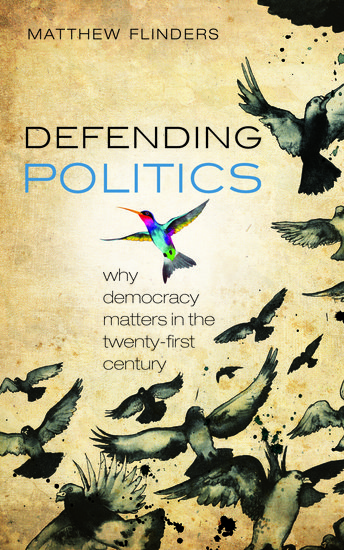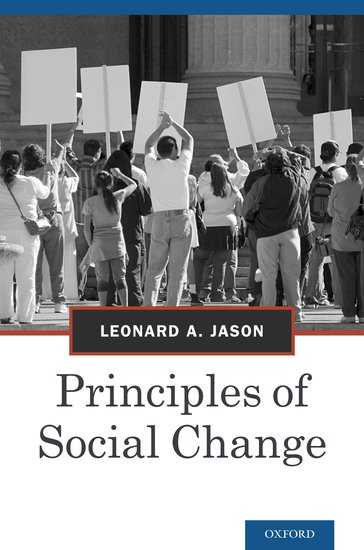Changes in the DSM-5: what social workers need to know
By Cynthia Franklin
Social workers that provide therapeutic and other services to children and adolescents can expect to find some major changes in the Diagnostic and Statistical Manual of Mental Disorders, Fifth Edition: in their placement within the DSM-5, the conceptualization of the disorders, the criteria for the disorders, the elimination of disorders, and the inclusion of some new diagnoses.





